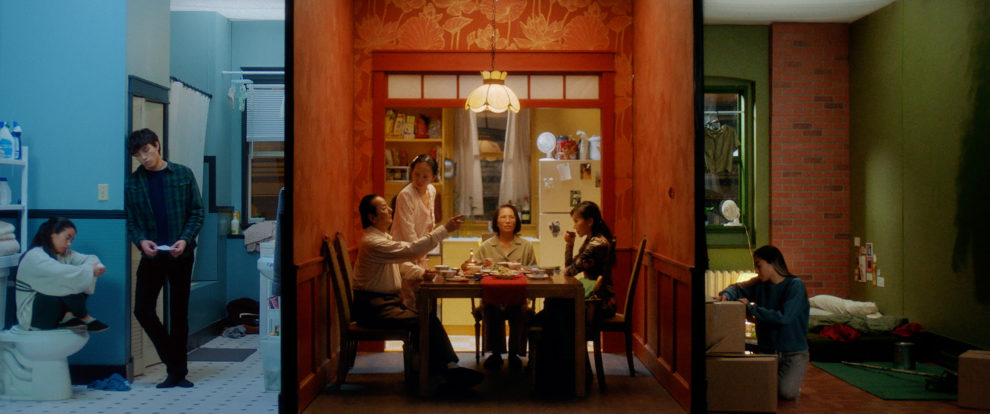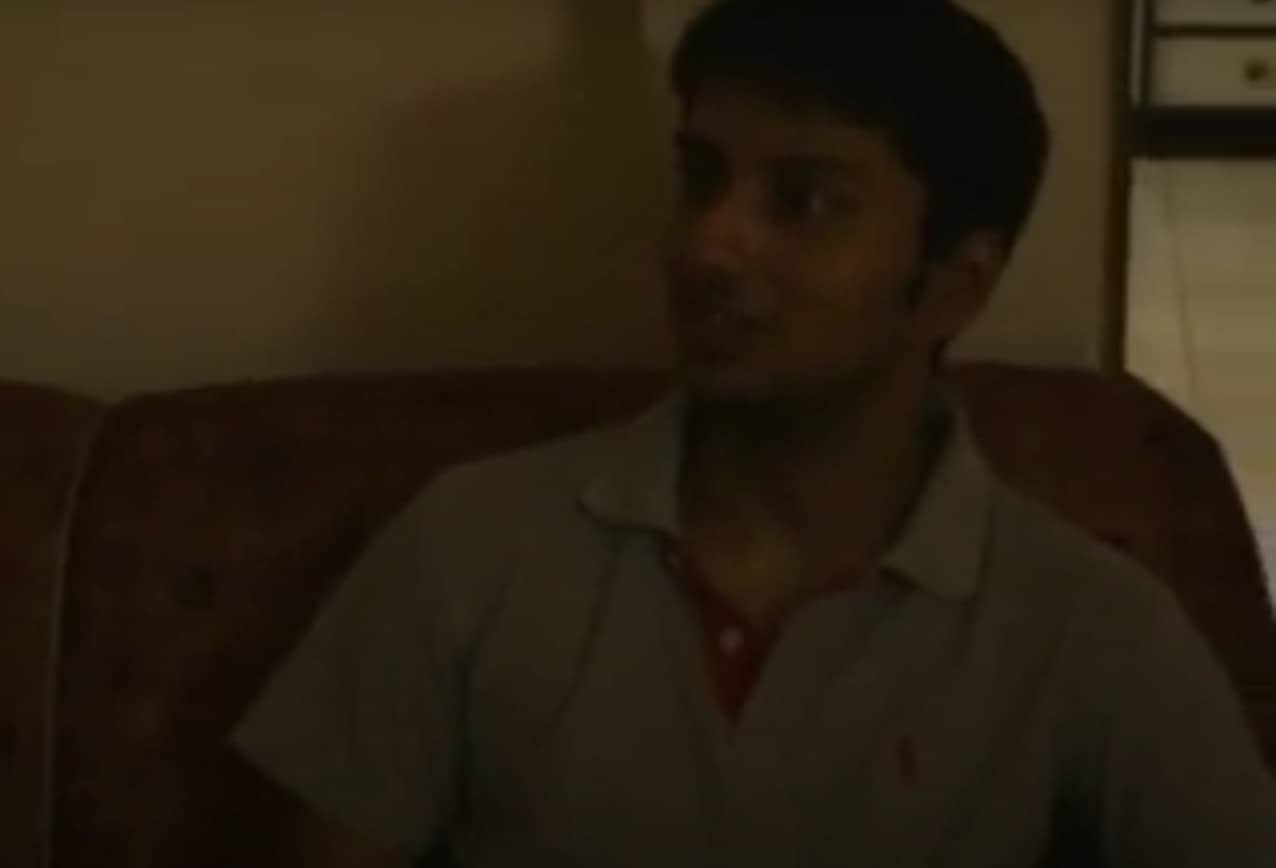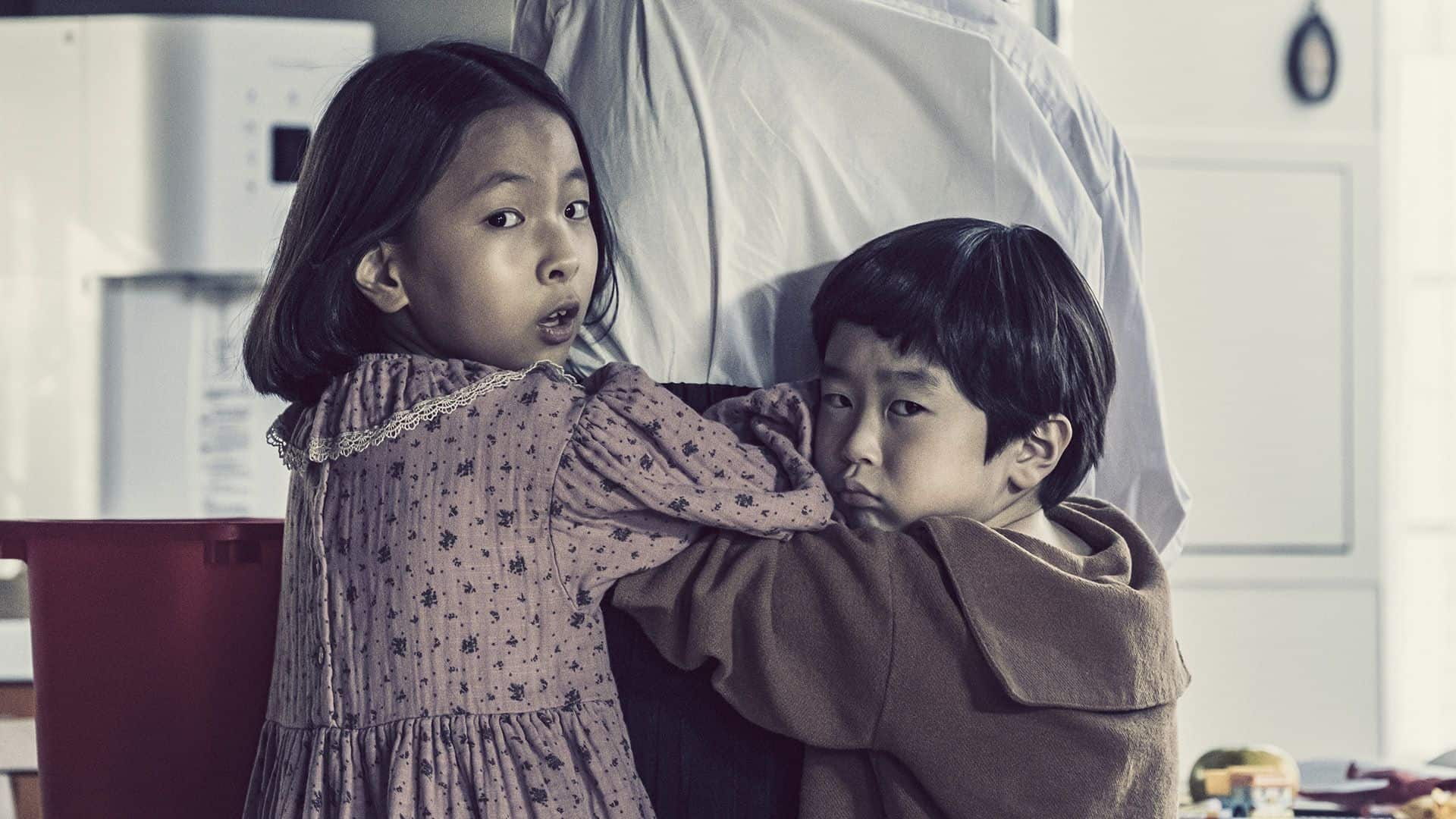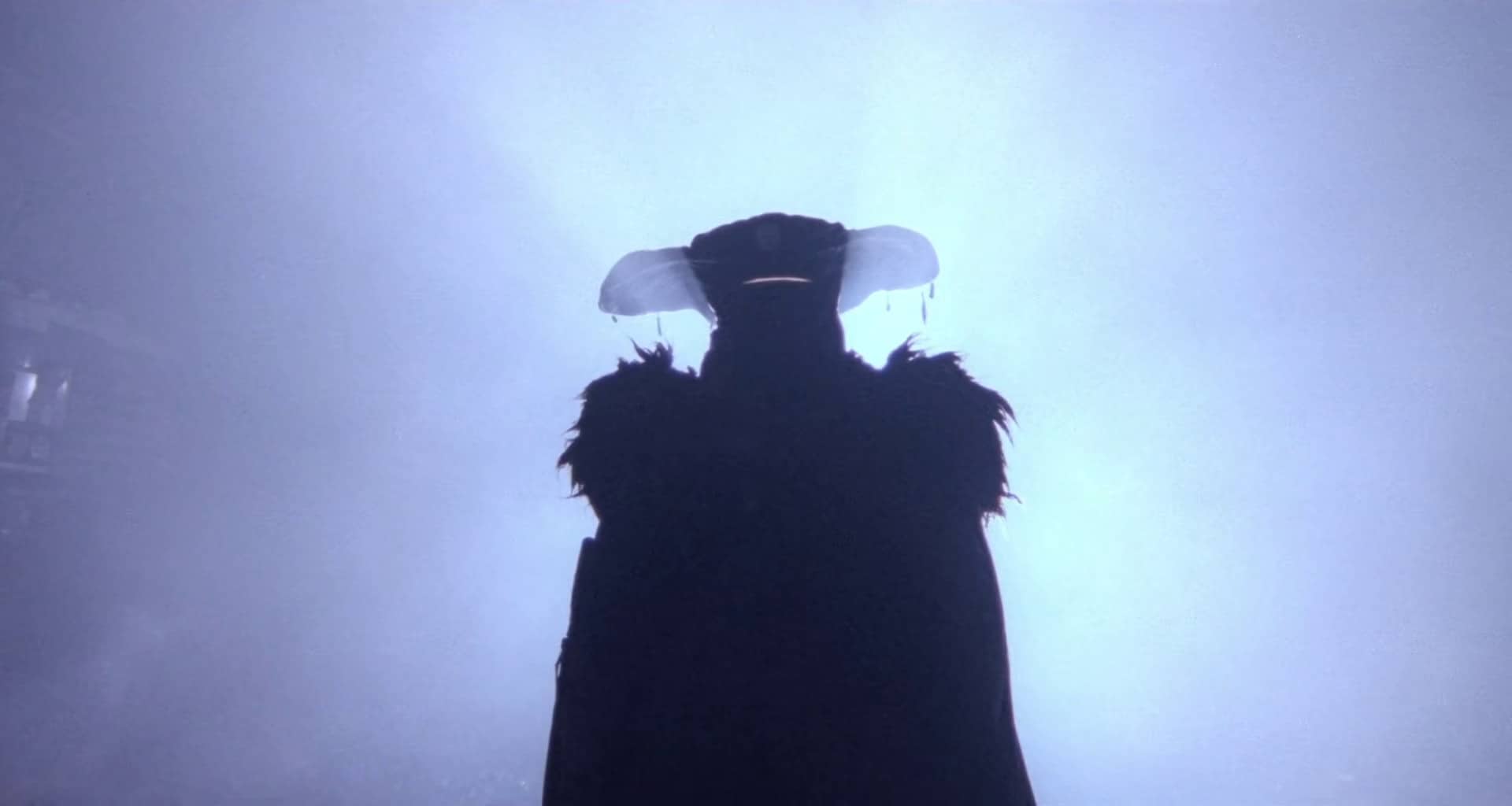On one night in an old apartment building, a newly independent young woman, a pair of dysfunctional siblings, and an aging widow become part of a seemingly intertwining and melancholic story separated by walls. Rory, alone in her dream city, is afraid that she has made a big mistake in moving away from home; a disgruntled Margaret contends with the various trials of her tough family on her birthday; Kai confronts his once close sister before he leaves home forever – all while sounds and interactions between the three rooms bleed into each other, reminding them of a bigger world and community outside. On this night, they find themselves in search of connection, forgiveness, and company. (official)
“Where No One Lives” review is part of the Submit Your Film Initiative

Presenting the lives of three people intertwined through proximity in a large city, Li Anne Liew's “Where No One Lives” touches on the simple beauty and tragedy of everyday life, reflected across three women at different stages in their life. Consequently, the 19-minute short film touches on a broad spectrum of life through the character's connectivity while offering an intimate look at each despite the brief runtime. This is, undeniably, where the production excels as each woman is able to see aspects of herself in the others who are facing their own issues with feelings of uncertainty.
The performances focused on Stacy Chu as Rory, Marina Chung as Margaret, Jackie Takarabe as Zela offering a variety of ages but also the quality of performances. This, if anything, is the most inconsistent aspect of the production with Rory showing her inexperience and age with a performance that feels slightly forced through emotional outbursts. Jackie Takarabe, who is probably the most underutilized character of the three women, manages to expertly convey the uncertainty of moving to the city on her own for the first time. Comparatively, Marina Chung, the oldest, expresses a calm demeanor that reflects the concept of quiet dignity that comes with age. Chung's performance acts as the perfect pivoting point for all three as her standing up to family members and speaking up for herself proves a strong shifting point in asking to be seen, an aspect each character is seeking.
Visually, the cinematography of Cooper Lichacz offers moments of picturesque beauty, with one shot, in particular, where the walls become briefly transparent, offering a stunningly tragic portrait of how the characters are connected through their struggles without knowing the degree each suffers, with the odd word floating between the walls being the only indicator to each other that they are struggling. The score is also a complimentary mix of classical music that heightens the astute visual approach. Shooting the film on a soundstage gives the project a touch of nostalgia and is ingeniously utilized to give the audience a view of activity in all three ‘units' at once, further pushing the feelings of connectivity between the three.
While ‘student film' is often misused as a dig at the quality of the work, a more apt interpretation is how the term is a precursor for exploring the future potential of a filmmaker. Certainly, “Where No One Lives” does show a degree of inexperience that is apparent in various elements of the production. Yet, the potential of Li Anne Liew is undeniable and the short acts as an impressive showcase of her ability to tell a story that can connect with a larger audience while still focused on subject matter based on intimate and personal subjects–it is a sublime balance. This approach shows a certain maturity often lost on young filmmakers who often look at the medium as an expression of themselves as opposed to a means to tell an engaging story that can be relatable to a wider audience.
“Where No One Lives” is utterly impressive in its sincere portrayal of everyday struggles, the production touches on aspects of humanity that will draw instant connections with the viewer. Catch the short film if you can, while it is slightly restricted by budget and limited experience, Li Anne Liew is a director to keep an eye on going forward.
















